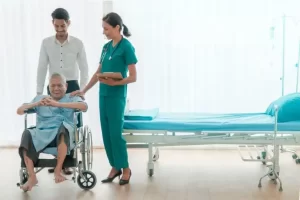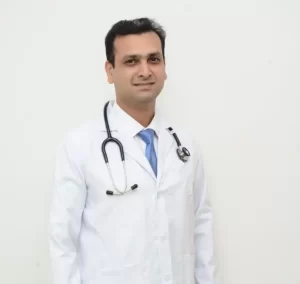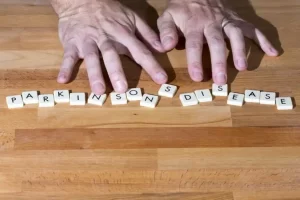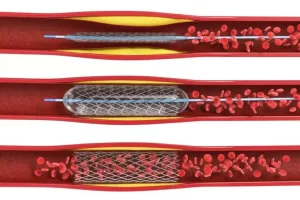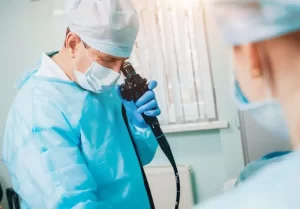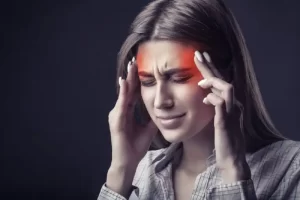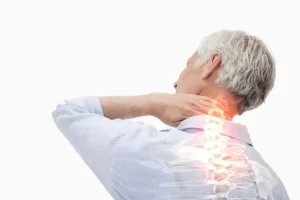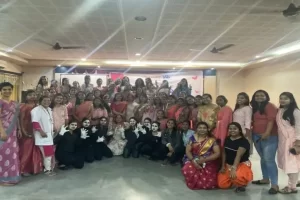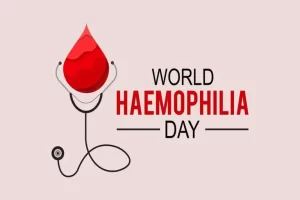
World Haemophilia Day- Let’s know more about this lesser-known ailment
On this World Haemophilia Day, Wockhardt Hospitals Nagpur are taking a step to educate people about this lesser-known disease. Dr Gunjan Loney, Consultant- Haematology and Haemato-Oncology informs us that Haemophilia is a rare blood condition where people do not have the clotting factor which enables their blood to clot when bleeding. It’s an inherited disease that is usually passed from mother to child. Haemophilia is a rare bleeding disorder in which the blood doesn’t clot properly. This can lead to spontaneous bleeding as well as bleeding following injuries or surgery. Blood contains many proteins called clotting factors that can help to stop bleeding. People with haemophilia have low levels of either factor VIII (8) or factor IX (9). The severity of haemophilia that a person has is determined by the number of factors in the blood. The lower the amount of the factor, the more likely it is that bleeding will occur which can lead to serious health problems. In rare cases, a person can develop haemophilia later in life called acquired haemophilia. The majority of cases involve middle-aged or elderly people or young women who have recently given birth or are in the later stages of pregnancy. This condition often resolves with appropriate treatment. Haemophilia can result in: Diagnosis: To make a diagnosis, doctors would perform certain blood tests to show if the blood is clotting properly. If it does not, then they would do clotting factor tests, also called factor assays, to diagnose the cause of the bleeding disorder. These blood tests would show the type of haemophilia and the severity. Treatment: The best way to treat haemophilia is to replace the missing blood clotting factor so that the blood can clot properly. This is done by infusing (administering through a vein) commercially prepared factor concentrates. Performing the infusions on a regular basis (called a prophylaxis), can even prevent most bleeding episodes. Dr Gunjan also informed, “at Wockhardt Hospitals, we not only provide care to address all issues related to the disorder but also provide health education that helps people with haemophilia stay healthy”. About 15-20 per cent of people with haemophilia develop an antibody (called an inhibitor) that stops the clotting factors from being able to clot the blood and stop bleeding. Treatment of bleeding episodes becomes extremely difficult, and the cost of care for a person with an inhibitor can skyrocket because more clotting factors or a different type of clotting factor is needed. People with inhibitors often experience more joint disease and other problems from bleeding that result in a reduced quality of life. Dr Gunjan LoneyConsultant- Haematology and Haemato-OncologyWockhardt Hospitals, Nagpur Source: https://thelivenagpur.com/2022/04/16/world-haemophilia-day-lets-know-more-about-this-lesser-known-ailment/













